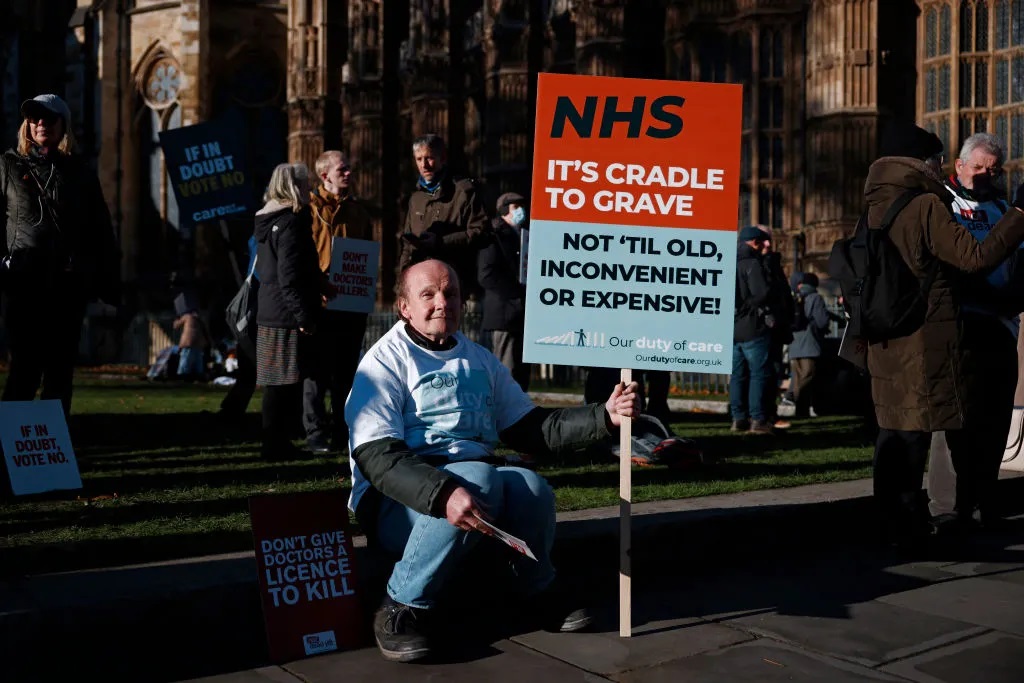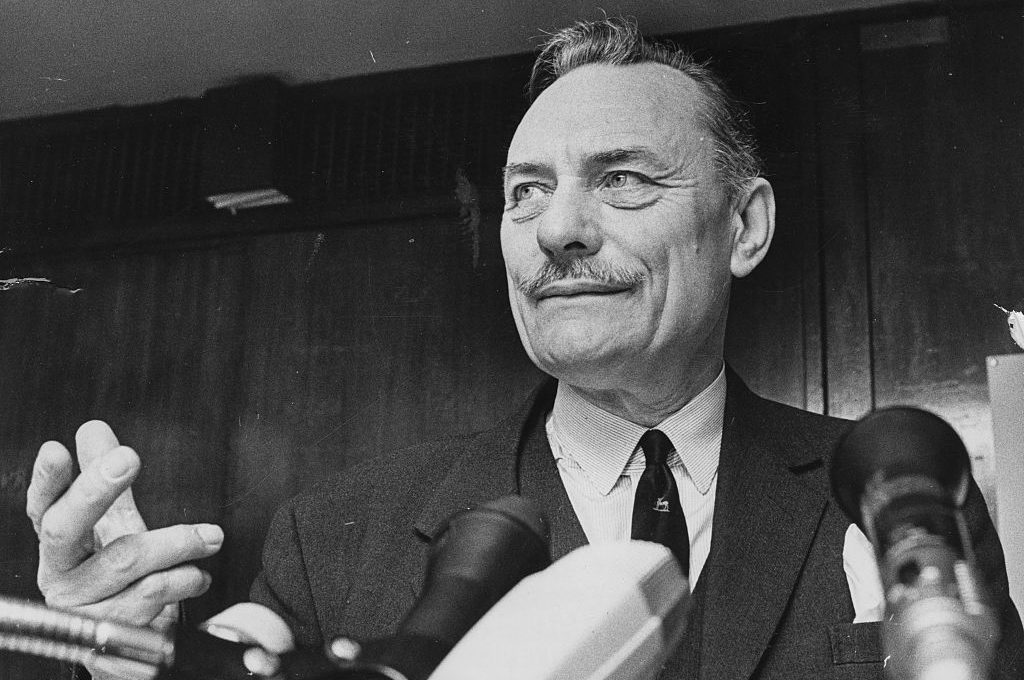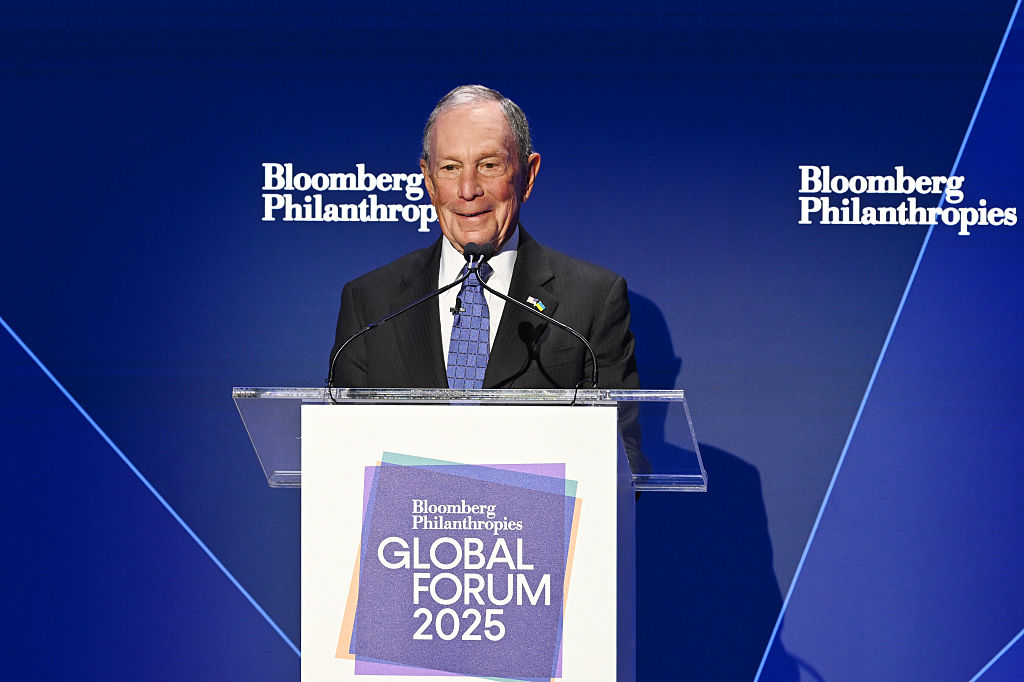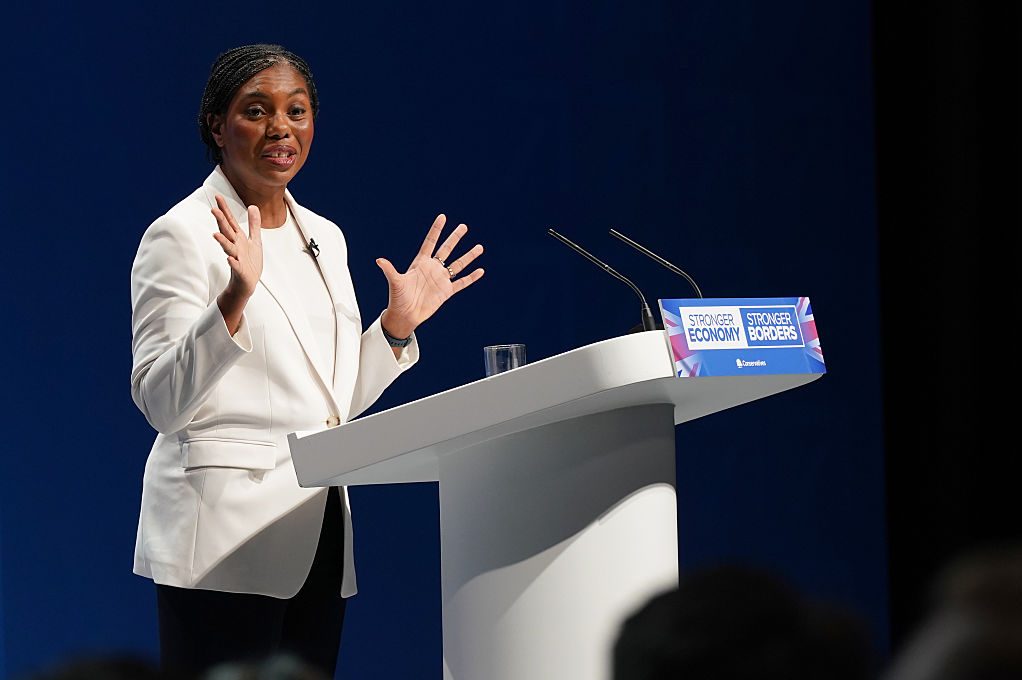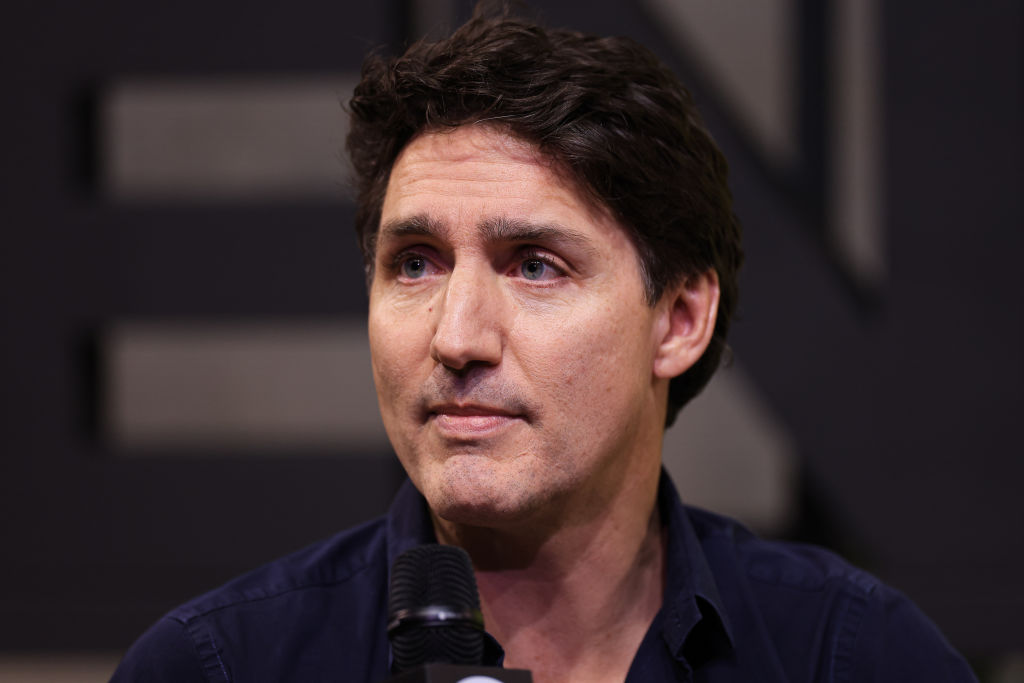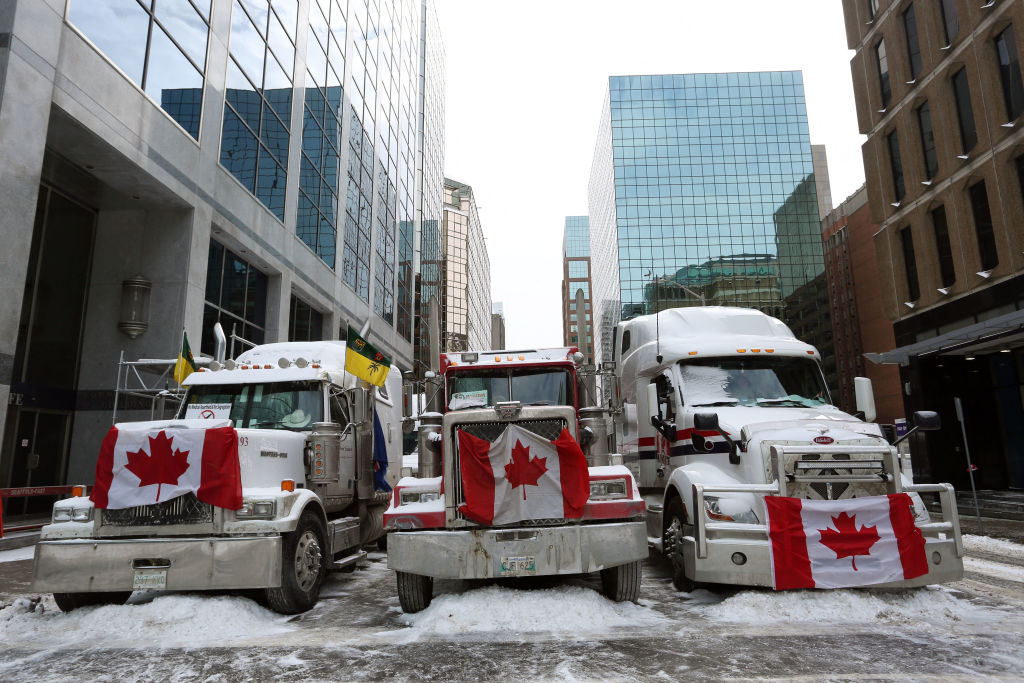Tragically, British lawmakers voted on Friday in favor of a bill legalizing medically assisted dying. Despite all the talk of “safeguards” and determination to make it “the best bill it can be,” the horses are out of the stable now. Once assisted suicide is enshrined as a moral good for even the tiniest, most carefully screened subset of the population, pro-euthanasia campaigners have won the war. It’s all over but the shouting.
There will be more battles to come, of course, as the inevitable attempts to expand the subset of those thought to be “better off dead” moves from terminally ill adults, to suffering adults, to “mature minors,” to infants and the mentally incompetent. But the most important thing, from the pro-euthanasia standpoint, has been achieved: the shattering of a principle.
Legalized euthanasia promotes a culture of death as a solution to suffering
This is a tragedy for the people of Britain, something that will hurt everyone but especially the most vulnerable. Don’t believe me? Have a look at what’s already happening in Canada under the Medical Aid in Dying (MAiD) program. It’s not a pretty picture, but it’s what the UK should be prepared for.
Once upon time — less than ten years ago — helping someone do away with themselves was considered culpable homicide in Canada. Now euthanasia is tied in fifth place for the country’s leading cause of death, and likely set to climb in the rankings: to our national shame, Canada’s MAiD program is known as the world’s fastest-growing assisted dying program.
The government hasn’t yet released the numbers for 2023, and inconsistent reporting standards obscure the scale on which some truly horrific things are happening (MAiD is not necessarily reported as the cause of death on certificates). However, numbers on the provincial level provide some insight into what’s going on.
A recent coroner’s report from Ontario revealed that roughly half of the people euthanized are from socially or economically disadvantaged backgrounds. Some were ill, but a large number applied for euthanasia at least partly, some entirely, on grounds of social distress — poverty, homelessness, housing insecurity, inability to get the right medical care, trouble managing a disability. Jennifer Hatch, famously featured in a pro-euthanasia commercial (yes, it’s acceptable to promote suicide now), sought euthanasia only after failing to get medical treatment for a rare disease.
Publicly, MAiD officials deny that anyone is euthanized for poverty or homelessness. But behind closed doors they know full well what’s going on. Disabled people live in fear lest care providers try to push them into accepting euthanasia. People seeking what used to be normal healthcare find themselves invited to consider MAiD as an option — veterans with PTSD, for example. Hospices that refuse to provide euthanasia are hounded out of existence.
Canada started off a lot like the UK, with hard cases used to justify bad law. In 2015, Canada’s supreme court ruled that mentally competent adults suffering intolerably from a medical condition were entitled to assisted suicide. Thus, a fairly restricted group was addressed, comparable to the group affected by the UK Terminally Ill Adults Bill.
Now any adult can ask for MAiD, with same-day approval in many cases. Currently only 3.5 percent of requests are denied. While technically MAiD for the mentally ill has been delayed until 2027, in practice it is not so: read the heartbreaking case of Alan Nichols, killed during a psychological episode, or the very sad story of a healthy young Alberta woman with autism and ADHD.
Some may believe these sorts of things won’t happen in the UK, as long as proper “safeguards” are built into the law. But once the taboo on taking, or helping take, innocent human life is violated, corruption of public morality follows.
A bill legalizing euthanasia on grounds of poverty might not pass in the UK today. But give it a few years, let the notion of assisted suicide become commonly accepted; wait until nearly every family has lost someone to a lethal cocktail. Then ask again. By then euthanasia on grounds of poverty won’t raise much fuss, except among those with religious principles. In Canada, apparently one in four people are OK with it. Suffering is suffering, after all. If it’s legitimate to end one kind by suicide, why not another?
What the Canadian experience shows is that legitimizing any form of suicide leads to callousness about human life. While many Canadian healthcare professionals are doing their best to remain truly compassionate, many others push MAiD on people in the most inappropriate situations. One veteran asked for a wheelchair ramp, saying it was unbearably difficult to move around without one; she was denied the ramp and offered euthanasia instead. In another case, a socially isolated, unemployed man suffering from bowel disease and various addictions, was offered MAiD during a psychiatric assessment. The doctor subsequently drove him to the appointment and administered euthanasia himself. And in some official circles, this passes for compassion.
Perhaps more gravely, legalized euthanasia promotes a culture of death as a solution to suffering. Outside of MAiD, twelve people take their own lives in Canada every day. Suicide is the second leading cause of death among Canadian youth.
One of the fundamental notions of Western civilization is that every life will have suffering, and enduring it makes us richer, stronger, better human beings. We dislike being tried in the furnace, yet without trials, none of us can develop to our full potential. It is the price of being human.
Canada is a lesson in what happens when a culture starts refusing to pay the price. Suffering may not be pleasant. But dehumanization is worse.



